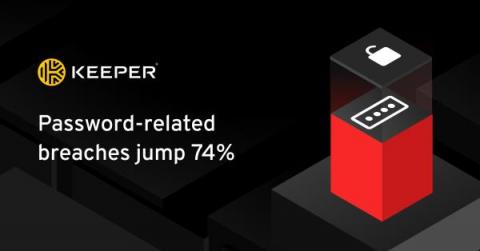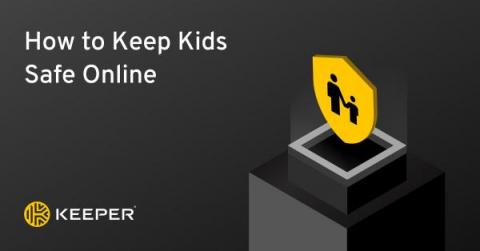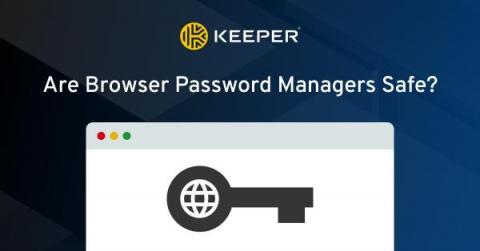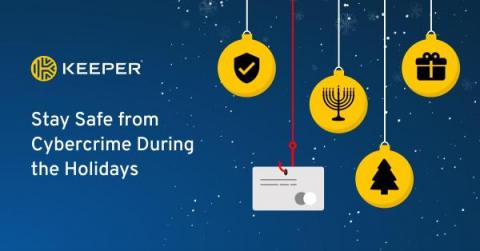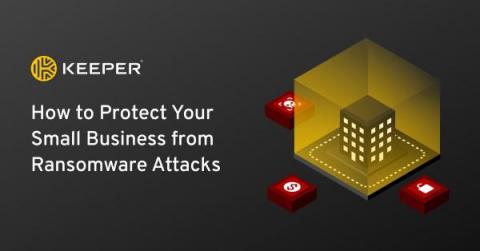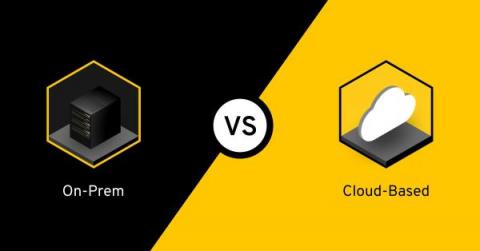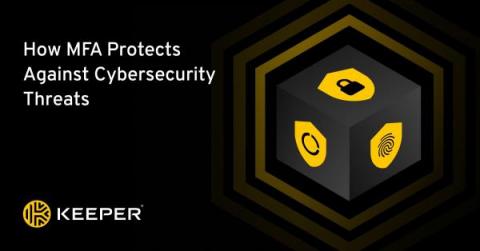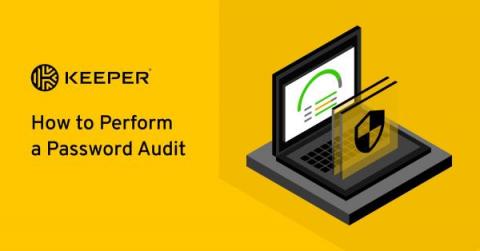Cybersecurity Tips When Working From Home
During the pandemic, approximately 60% of full-time and part-time employees in the U.S. worked remotely. Firms weren’t ready for their employees to work remotely, but many employers quickly realized the benefits of remote work. As remote work became more common, the number of cyber criminals increased drastically. IT professionals have never been more cautious with their work security.



